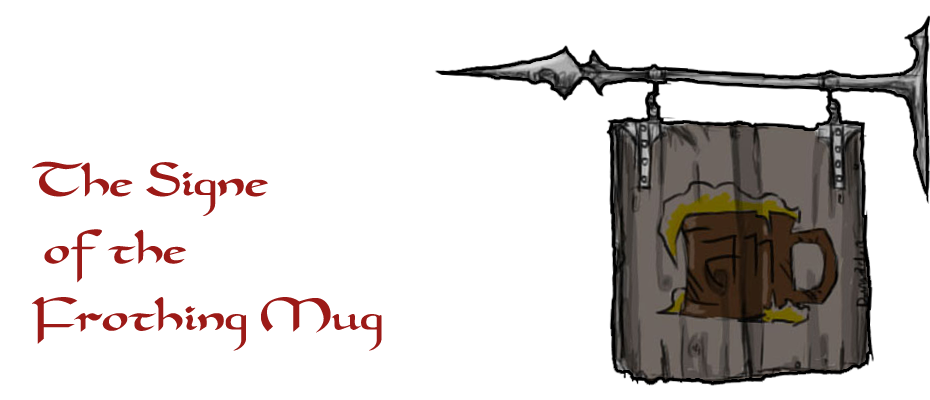There's a reason why combat is so goddamn deadly in my games. Actually, there are many reasons. The first of these is that it makes the game more exciting. The second is that combat shouldn't be the default solution to every problem. The third is that combat should be interesting.
One by one...
I. Makes the game more exciting
The risk of death is one of the things that keeps people on their toes. It's the risk of death that makes the game interesting—increasing the chance that characters die increases the excitement of survival. Of course, this only works to a point, where diminishing returns kick in. I'll admit, I might have reached (or hell, even crossed) the line of diminishing returns already. But that's ok, because there are two other driving reasons to keep combat very deadly. And they are that...
II. Combat shouldn't be the default solution
It's not fun if there's an easy answer to every equation. You've got to think about things, you've got to make decisions that are more complex than "do I cast my spell now?" and "shall I swing my sword or defend until someone comes to my aid?" Of course, combat is always more complex than the (see section III) but if combat is complicated and yet not the obvious solution, then the added complexity of all the other possible solutions can only cause a systemic increase in the game overall. I like it when a withering buffet of options presents itself to the players. I know they don't always care for it, but the world (the real world now, not the world of the game) rarely presents itself as having a clear right answer to anything.
III. Combat should be interesting
The more deadly combat is, the more interesting it is. What? How is this not a reiteration of point I? Well, it's a sort of corollary. Because straight hacking and slashing is so deadly, it encourages non-standard answers. If standing up in a fight against an enemy remains utterly dangerous (very subject to the whims of random chance) then players will be encouraged to find alternate answers. In some cases (as point II attempts to illustrate) those alternate answers will be things like diplomacy, or collapsing a building. In other cases, those alternate answers will be tactics.
When combat isn't particularly dangerous, there's no incentive to use tactics. The more deadly combat becomes, the more tactics pay off. Minimization of the random factor of combat (that's the thing that causes one side to win or lose for no real reason, and since over their lifetimes PCs will engage in more combats than any NPCs, randomness is generally bad for PCs) relies on tactics and strategy. Hell, even tipping an otherwise unwinnable combat into the PCs direction requires this.
These are the three reasons that deadly combat continues to feature in my games. Deadlier than the combat most people play by, and certainly "unbalanced" according to the modern conception of roleplaying.

No comments:
Post a Comment